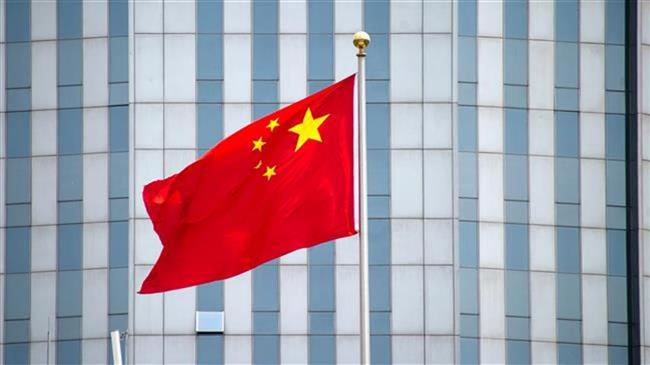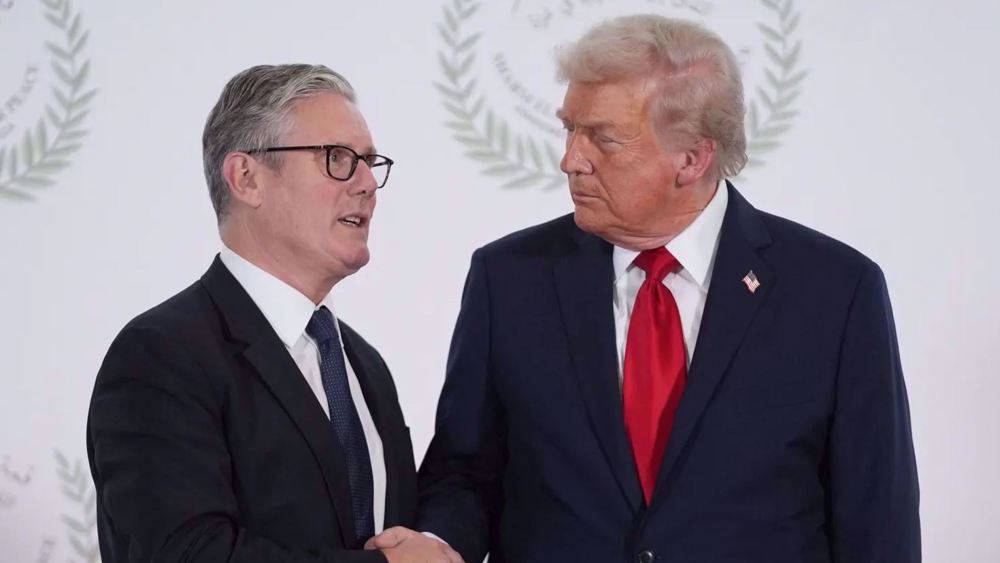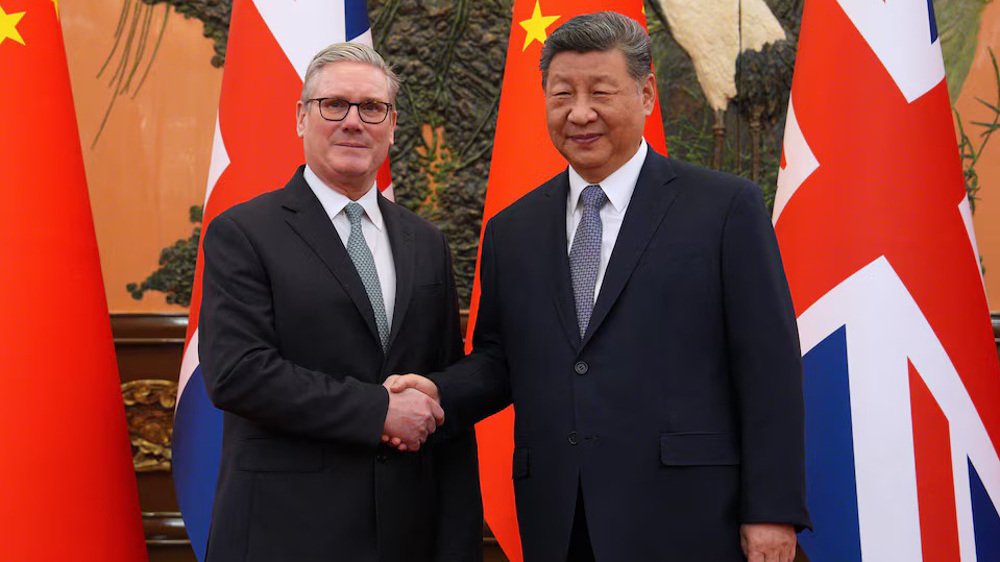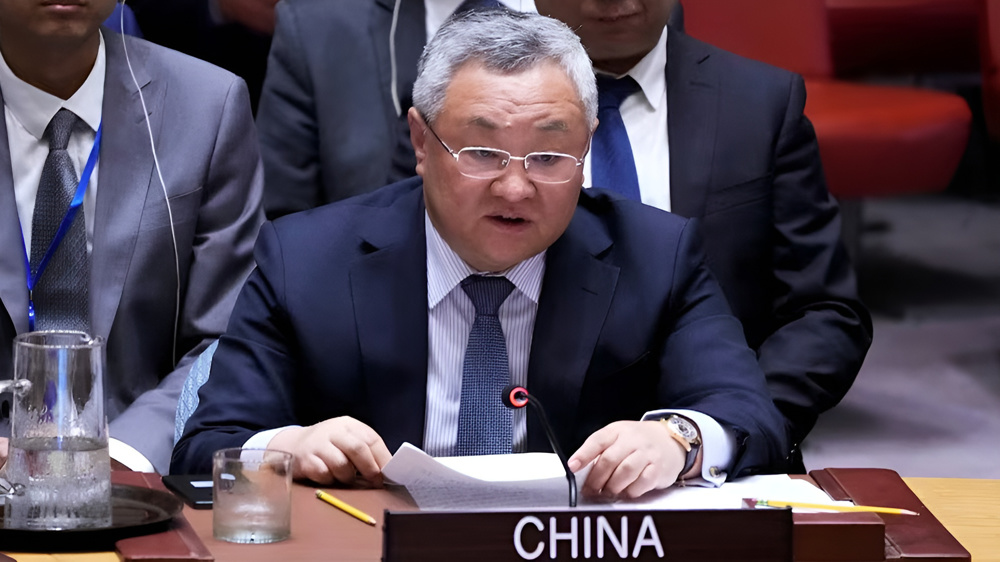China passes new law to counter US, EU sanctions
China has passed a new law to counter foreign sanctions as part of the country’s plan to defuse rising pressure from the United States and the European Union over trade and a range of other issues.
China's top legislature — the National People's Congress (NPC) standing committee — approved the law after a second review on Thursday but the details of its contents have yet to be released.
Local experts said the legislation is China's latest and most wide-ranging legal tool to retaliate against foreign sanctions, that will give more legitimacy and predictability to Beijing’s measures to counter US and EU pressures on trade, technology, Hong Kong and the Xinjiang region.
China's foreign ministry said the new law aimed at countering foreign sanctions was "necessary,” and would safeguard "sovereign and dignity" of the country.
"We think it is necessary for the country to draft a law specifically aimed at countering foreign sanctions in order to provide legal guarantees and support for China in its efforts to oppose these discriminatory measures from foreign powers," ministry spokesperson Wang Wenbin said during a regular briefing.
Last November, President Xi Jinping called on the ruling Communist Party to use legal means to defend China's sovereignty, security and interests against foreign parties.
Moreover, the NPC said in its annual work report in March that it wanted to "upgrade our legal toolbox" to address the risks from foreign sanctions and interference.
The United States and its European allies have increasingly sanctioned Chinese officials over alleged human rights abuses in Xinjiang and violence against protesters in Hong Kong.
All 14 vice-chairpersons of the NPC are under US sanctions for passing the National Security Law last year that critics claim has curbed political freedoms in Hong Kong.
Washington has also targeted Chinese companies such as Huawei and ZTE for allegedly violating US sanctions on Iran or North Korea.
The US and China have been at odds over a range of issues, including China’s alleged mistreatment of Muslim Uyghur minority in the western region of Xinjiang, anti-Beijing demonstrations in the semi-autonomous city of Hong Kong, China’s territorial claims on Chinese Taipei and most of the South China Sea as well as the origin of the coronavirus.
Beijing hoped for an improvement in relations under US President Joe Biden, who succeeded Donald Trump in January, but the new administration has shown no sign of backing down on hardline policies toward China.
Iran Army slams EU’s blacklisting of IRGC as ‘shameful’, ‘irresponsible’
Iran considers armies of EU states as ‘terrorist organizations’: Security chief
Sharif University scholars condemn US foreign policy as illegal, destabilizing
Pezeshkian says Iran seeks no war, vows 'decisive' response to any attack
Iran ready for both war and dialogue, ‘will not accept dictation’: FM Araghchi
Trump warns UK against enhancing China ties as PM Starmer hails reset
VIDEO | Press TV's news headlines
Iran rejects threats, backs win-win diplomacy, Pezeshkian tells Erdogan












 This makes it easy to access the Press TV website
This makes it easy to access the Press TV website